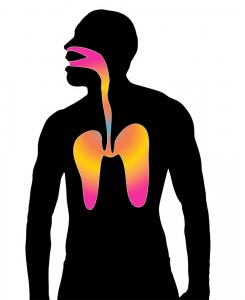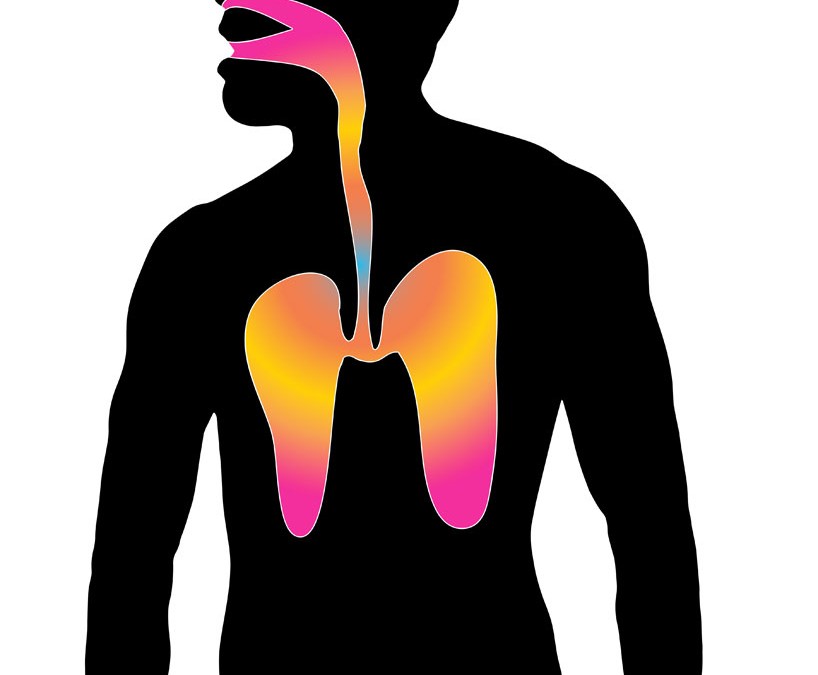It comes as no surprise that cigarette smoke drastically increases the risk of lung cancer. Whether you are a smoker yourself or are regularly exposed to second-hand smoke, the harmful chemicals inhaled can cause cancerous tumors to develop in your lungs.
Lung cancer is a leading cause of death in Australia and smoking is linked to 80-90% of cases. In addition, people who smoke are 15-20 times more likely to develop lung cancer than those who  don’t.
don’t.
Unless treated in the very early stages, lung cancer can be very difficult to beat. Once the symptoms of lung cancer are prevalent, the disease has spread beyond the chest, and the chance of survival is greatly reduced.
The symptoms of lung cancer include coughing, weight loss, pain and fatigue. Once symptoms are visible, patients usually have less than two years of life left.
There are many reasons to quit smoking, but the possibility of contracting lung cancer is by far the scariest. The chance to prevent the development of lung cancer is undoubtedly the most motivating reason to quit on offer. Think of your family, your friends and all those that your smoking puts at risk.
Quitting at any age lowers your risk of getting lung cancer. However, quitting cold turkey is extremely difficult and doesn’t work for everyone. In order to help you take positive steps towards quitting, we have compiled some tips that have been tried and tested among many who have said goodbye to cigarettes for good.
Take Medications
Certain medications can double your chances of quitting long term. Nicotine replacement products help to break your nicotine addition without taking harmful smoke into your body. Medications help manage cravings and withdrawals. Talk to your doctor about medications that can be prescribed to help get you through the withdrawal stages.
Don’t Be Afraid to Ask for Help
Use your friends and family as a support network to help you through the quitting process. Professional counselling services are also extremely helpful during the most difficult moments of quitting.
You can try telephone counselling, group therapy, face-to-face counselling or even online services. Make sure to plan ahead and know who your support network is so that when the time of need arrives, you can readily reach out.
Avoid Triggers
Avoid the things that make you want to smoke most. For a lot of people, drinking alcohol and coffee is a trigger for lighting up a cigarette. When you make the commitment to quit, avoid the places, people and things that are most likely to tempt you.
Find something you can do instead when a trigger pops up. Maybe you can take up exercise, or find a snack to replace some of your triggers. Ask your friends, family and co-workers to help you avoid your triggers.
Remember to feel good about every step you take in the quitting process, and to share your positivity with others. If you find something that works particularly well, share your success. We all have a role to play in helping to end the lung cancer epidemic caused by cigarette smoke.

